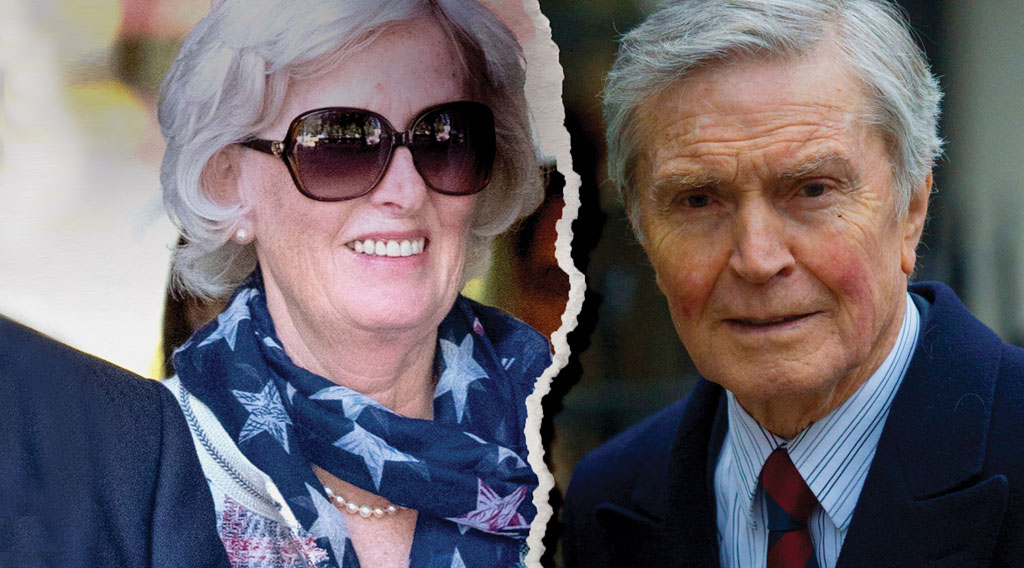
Unreliable evidence? Simon Blain reflects on the judgments & lessons of Owens v Owens
- The Supreme Court can interpret the law, but only Parliament can change it. The case for reform is compelling and urgent.
Earlier in the summer, I looked at the background to the case of Owens , which was heard by the Supreme Court on 17 May 2018, and considered some of the arguments put forward on both sides (‘Owens: unreasonable behaviour on trial’, NLJ, 15 June 2018, p11). As noted then, Resolution, the representative body for family justice professionals, intervened in the proceedings, and the author is Treasurer of Resolution.
The Supreme Court’s judgment, handed down on 25 July 2018, contains much of interest to family lawyers ([2018] UKSC 41). However, it is perhaps as a window on early 21st century British society, and the divisions within it, that the case is of most interest.
The judgment(s)
As is becoming increasingly common, the Supreme Court handed down a majority judgment (given









